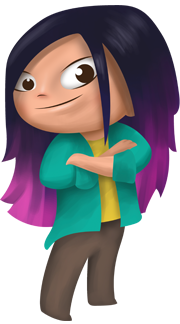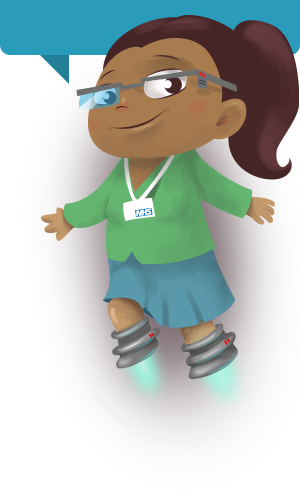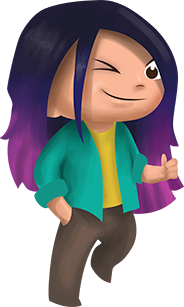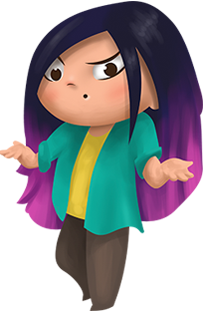

Allergies 
The things that set off allergic reactions are called allergens. Common allergens are pollen, pets, moulds and dust mites. People can also be allergic to certain types of food – for example, nuts or eggs. It is possible to be allergic to more than one thing.
Eczema, asthma and hayfever are all allergic disorders.
An allergy develops when your body reacts to the allergen (for example, grass) as though it is a threat to your health. Your body produces antibodies to fight off this threat, and you might have a runny nose, itchy eyes or sore throat.
Who has allergies?
Lots of people have allergies, including children. Some allergens, such as foods, are a problem all year long, but others might only bother people at certain times of the year – for example, if you get hayfever, you are allergic to pollen, which is only around in the air in the spring and summer.
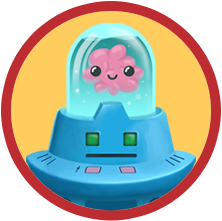
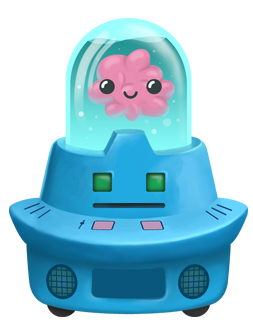 Anyone can get allergies, but you are more likely to have an allergy if someone else in your family has them.
Anyone can get allergies, but you are more likely to have an allergy if someone else in your family has them. People can develop allergies when they are babies, children, teens, or adults, although allergies often affect older people less.
What are the symptoms of an allergy?
If you’re having an allergic reaction, you could have mild symptoms such as:
- Itchy eyes and ears
- A runny nose
- A sore throat
- Hives (a red, bumpy and itchy skin rash)
- Tummy ache
- Sickness
- Diarrhoea
Serious symptoms are:
- Breathing problems, like wheezing and shortness of breath
- Swelling of the lips, face, or eyes that may need hospital treatment
Allergies can be life threatening, to learn more about a serious reaction called anaphylaxis click here.
If you think someone is having an anaphylactic reaction get help or call 999 immediately.
For more information about allergies in children, take a look at Allergy UK or the NHS for more information and useful advice and support.
